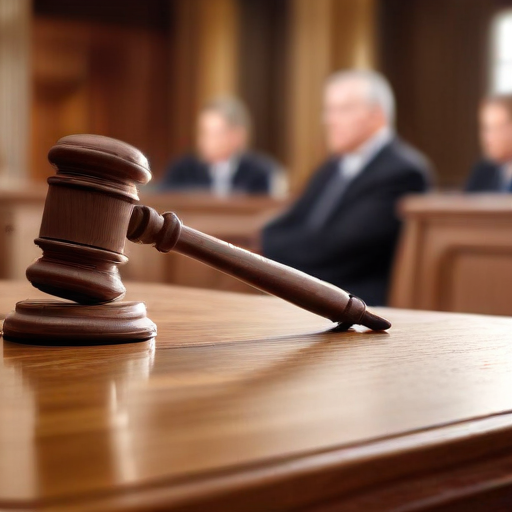The Illinois Supreme Court has overturned Jussie Smollett’s conviction for a hate crime hoax, which had resulted in multiple felony charges. Smollett, known for his role in the series “Empire,” was accused of staging an attack against himself in January 2019. Following a controversial drop of initial charges, a special prosecutor was appointed to investigate, leading to Smollett’s retrial and conviction in December 2021. He was sentenced to 150 days in jail, 30 months of probation, and ordered to pay restitution.
In its ruling announced on Thursday, the Illinois Supreme Court determined that the decision by the special prosecutor to retry Smollett infringed upon his rights. The court acknowledged the significant public interest and dissatisfaction regarding the case outcome but underscored the importance of upholding agreements made by the state. The opinion emphasized that violating such agreements would be more unjust than the case resolution itself.
It’s crucial to note that Dan Webb, the special prosecutor, clarified that the Supreme Court’s ruling did not signify Smollett’s innocence, highlighting the strong evidence presented at trial that led to his guilty verdict on all counts.
Despite the legal challenges, Smollett continues to pursue his career in the entertainment industry. This year, he directed and starred in “The Lost Holliday,” showcasing his resilience and dedication to his craft.
This ruling raises questions about the legal process and the balance between public opinion and justice. While the overturning of Smollett’s conviction may come as a relief to him, it’s essential to recognize the broader implications on how similar cases may be handled in the future, emphasizing the need for fairness and integrity in the justice system.
In summary, while the court has opened the door for Smollett’s legal battle to continue, it also highlights the importance of maintaining fairness and upholding legal agreements, which can lead to more equitable outcomes in similar future cases.
